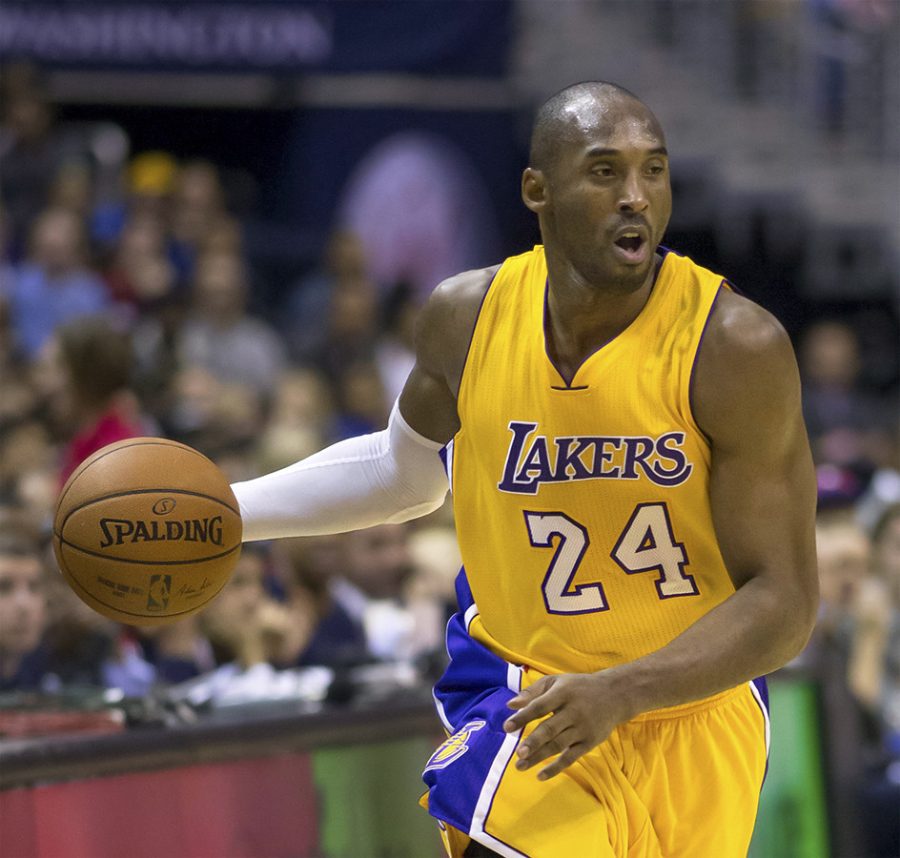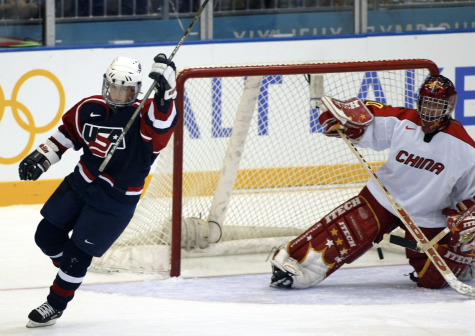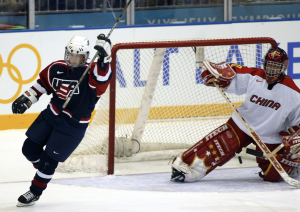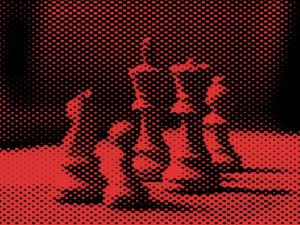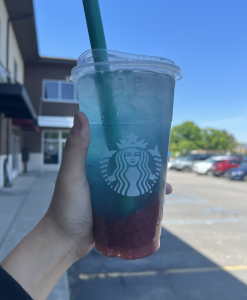Exploring mentality: What’s the “it” factor in the NBA?
Alexandra Walt via CC by Flickr
Kobe Bryant, whom many believe has the “it” factor, has even coined the term “mamba mentality.”
April 7, 2022
From the earliest dawn of sports legend, the concept of an inhuman trait that the highest echelon of competitors are born with the destiny to succeed, to thrive, to compete, to win at all sake has captured the minds of coaches, players and psychologists alike. It’s not a physical trait, nor mental. It’s unquantifiable, yet able to be seen without told. Often imitated, never developed or duplicated. For this phenomena, we have one simple name that can fit the throne: it.
As many call it, the “it” factor. As Brhett McCabe, Sports Psychologist describes it on his blog, “High-achievers who embody the IT Factor understand what they want and are ready to do what it takes in competition to get there. They keep their expectations down but the demands on their process high, always scrutinizing the situation to see how they can make the process work better for them. Each game, match, or event is a learning environment.”
For me, when I watch a game or a specific player, it’s pretty easy to notice who truly has this playmaker gene and who doesn’t. It’s rare, but when you see it, you know it.
For example, I strongly believe that Kobe Bryant was the essence of the “it” factor for me. He even coined his own term for it: “Mamba Mentality”. Bryant once famously said himself, “Mamba mentality is about 4 a.m. workouts, doing more than the next guy and then trusting in the work you’ve put in when it’s time to perform. Without studying, preparation and practice, you’re leaving the outcome to fate. I don’t do fate.”
And the results clearly came to fruition. Bryant retired a 5-time NBA champ, an 18-time all-star and 11x All-NBA First Team.
But spotting talent and spotting the “it” is never as easy as finding it in a player like Kobe, or LeBron, or Jordan and Tim Duncan. The term “diamond in the rough” is frequently used for a player with raw skill, talent, but for a cast of reasons, that talent frequently gets overlooked or underappreciated.
To make the NBA you have to be special. 0.001% special. But even making the NBA doesn’t guarantee the player has an “it” factor to their game. There’s a few ways I personally see the highest tier of players vs. the average NBA player in terms of differences. Early in a career, it’s usually harder to tell compared to a veteran player. A young player who I already see with this trait is Evan Mobley on the Cavaliers. Despite only being a 20-year-old rookie, he plays as a leader of this very good, dominant Cavs team, clawing his way to the top of many Rookie Of The Year projection boards and surprising many who called him being taken at #3 in last year’s draft a “bad pick”. He defends at a high level already and in a few years time I see him as one of the top players in the league. He bounces back from bad games and bad possessions remarkably fast.
But mainly, spotting their attitude to approaching the game. Do losses truly bother them? No one likes losing, but is this player determined with every power in themselves to turn the team around and be a leader? In my eyes, how players handle losses and handle poor situations early in their career for me is the best tell if a player truly has the “it” to them.
To me, the skill gap between players in the NBA is not huge at all. Sure, some, if not almost all of them are natural-born superathletes, but by the time a player is even mentioned by a NBA scout or coach, they usually have up to 12 years of experience already. Because of this however, it’s a lot more level of a playing field compared to NCAA/High School. The one thing that separates a good NBA player from the great is the mentality.
Next time you watch an NBA game, take a look at who looks like the leader on the court. The guy who isn’t afraid to miss shots. The guy who isn’t afraid to lose because he knows he gave it his all. To me, that’s the “it” factor that separates the good from the great, and the great from the legendary.



